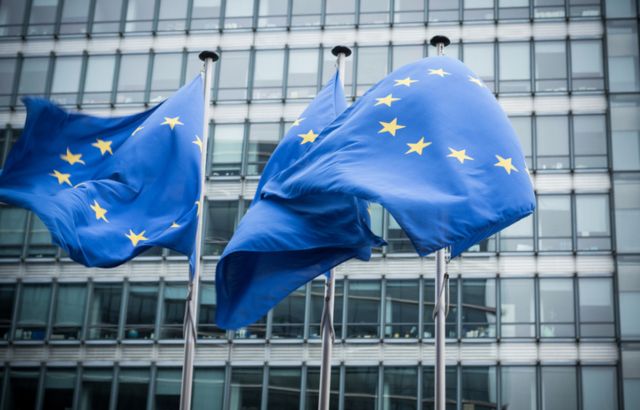The European Commission published its plan to mobilise €1trn over the next decade to transition the bloc to climate neutrality by 2050 and tackle climate change on 14 January.
The European Green Deal Investment Plan – or Sustainable Europe Investment Plan – is a financing scheme for the Green Deal, which is a sustainable growth strategy for people and the environment launched in December 2019.
It will mobilise public investment and help to unlock private funds through financial tools, such as InvestEU, a programme which houses the multitude of EU financial instruments currently available.
Effects on investments
The president of the European Commission (EC), Ursula von der Leyen, said: “The Green Deal comes with important investment needs, which we will turn into investment opportunities. The plan that we present today, to mobilise at least €1trn, will show the direction and unleash a green investment wave.”
Valdis Dombrovskis, executive vice-president for an economy that works for people, explained: “First, we will use the EU budget to leverage private funds for green projects across Europe and support the regions and people most affected by transition.
“Second, we will create the right regulatory incentives for green investments to thrive. Last but not least, we will help public authorities and market players to identify and develop such projects.”
According to an estimate by the Commission, an extra €260bn in investment will be needed per year to achieve the current 2030 goal, and cuts of at least 40% in greenhouse gas emissions.
All EU member states, except Poland, agreed in December last year to “green” their economies.
Details on the plan
The Sustainable Europe Investment Plan includes a Just Transition Mechanism (JTM), which is a policy to foster greater cohesion.
It will provide targeted support to fossil fuel-dependent regions and sectors that are most affected by the transition towards the green economy and address social and economic challenges.
The JTM is composed of three pillars:
- A Just Transition Fund with a proposed EU budget of €7.5bn. The new fund seeks to reach an overall financing capacity of €30-50bn over the period 2021-2027, when including other national co-financing. It will, for example, support workers to develop skills and competences for the job market of the future and SMEs, but also new economic opportunities to create jobs in fossil-fuel intensive regions. It will also fund investments in clean energy transition, for example in energy efficiency.
- A dedicated scheme under InvestEU to mobilise up to €45bn of investments by attracting private investments.
- A planned public sector loan facility with the European Investment Bank and backed by EU budget to mobilise between €25-€30bn of investments. It will be used for concessional loans to the public sector, for example for investments in energy and transport infrastructure.
Von der Leyen commented: “People are at the core of the European Green Deal, our vision to make Europe climate-neutral by 2050. The transformation ahead of us is unprecedented.
“And it will only work if it is just – and if it works for all. We will support our people and our regions that need to make bigger efforts in this transformation, to make sure that we leave no one behind.”
But is it enough?
Critics say the proposed €7.5bn made available under the Just Transition Fund is insufficient to ensure that the economic turnaround will be socially responsible.
Niklas Nienaß, Greens/European Free Alliance group coordinator in the committee on regional development of the European Parliament, added: “Unfortunately, the Commission’s proposal does not set a binding date for the phase-out of coal.”
Greenpeace explained that Poland is particularly keen to access green investment funds, despite the government’s refusal to commit to EU climate action and set a phase out date for coal.
Gas will continuously be financed via the InvestEU scheme, and it has been reported that nuclear energy is excluded from the Just Transition Mechanism.
The executive vice-president for the European Green Deal, Frans Timmermans, said: “The necessary transition towards climate-neutrality is going to improve people’s well-being and make Europe more competitive.”
In a speech on Tuesday, he added: “Those that say it is not enough, you are right, it isn’t! More efforts will be necessary, but it is a first step in the right direction and any journey starts with a first step.”







